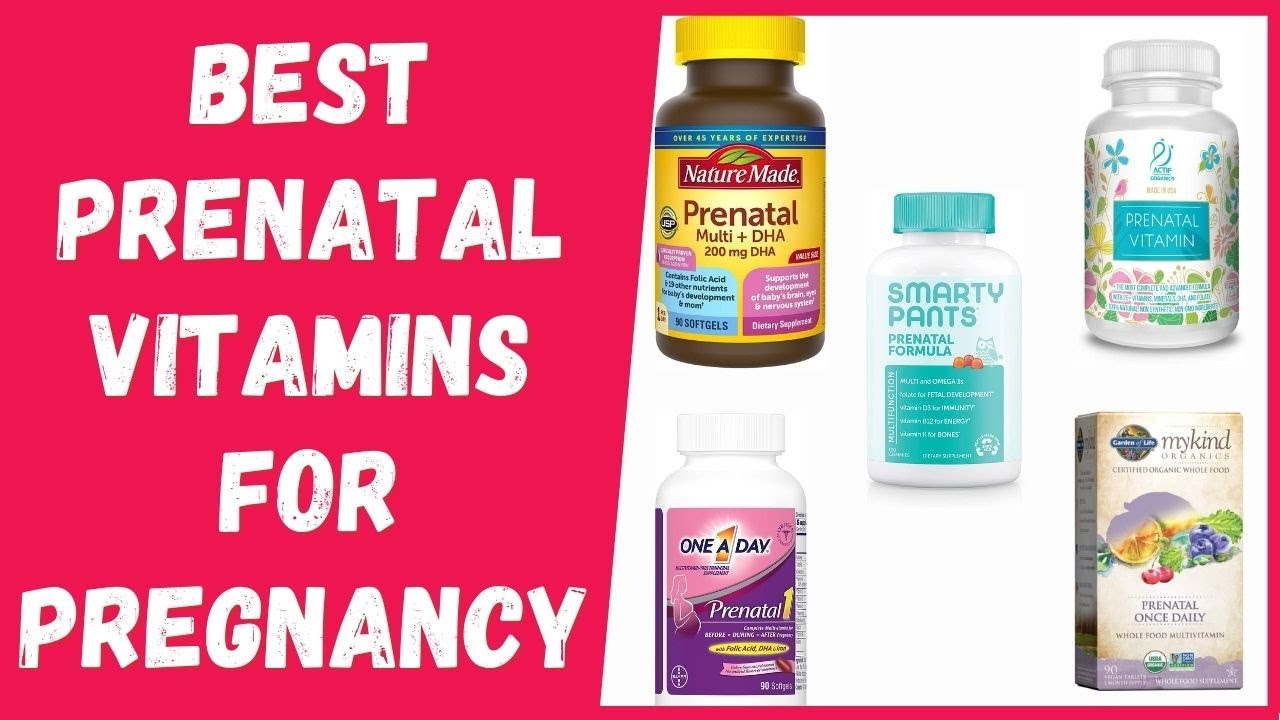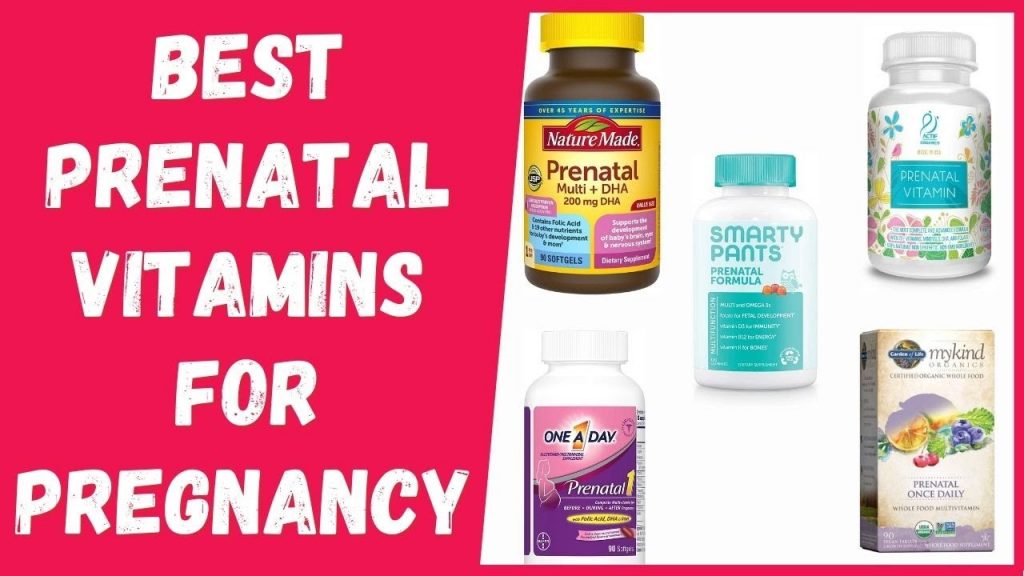
Generally, vitamins are necessary for the well-being and development of the body.
During pregnancy, the body’s need for vitamins increases drastically.
One of the important pregnancy supplements in your first trimester of pregnancy is vitamin supplements.
Most old mothers already know that the best prenatal vitamin for pregnancy is folic acid, but folic acid is not the only prenatal vitamin for pregnancy.
Benefits of Prenatal Vitamins for Pregnancy
Most new mums always wonder when they should start taking prenatal vitamins and if they’ve to take prenatal vitamins for the whole 9 months.
You should start taking vitamins once you get pregnant, in fact, you can start taking them before you get pregnant.
Your diet may not provide the adequate vitamins and minerals needed for the healthy growth of your baby, so multivitamins can help fill the gap.
Vitamins can help the development of your baby’s brain, bones, and teeth.
Most vitamins are best taken in the first trimester, especially folic acid. However, your doctor would advise on the doses of vitamins you take according to your health and the health of your fetus.
Prenatal Vitamins for Pregnancy
The following are the most important prenatal vitamins for pregnancy development and a healthy baby.
Vitamin B1 (Thiamine)
Vitamin B1 is important in the development of the baby’s brain, muscles, and nervous system.
It also helps the baby to convert carbs to energy for its activity and growth.
Thiamine also helps in the production and functioning of the nerve cells.
Vitamin B1 can be found such as bread, lean meats, grains, legumes, yeast, flour, liver, eggs, milk, peas, nuts, and seeds.
Vitamin B2 (riboflavin)
Vitamin is also a very important pregnancy supplement because it’s essential in the development of your baby’s skeletal structure, muscles, and nerves.
It also helps to convert carbs to glucose (energy) for the baby’s development.
It also helps with vision and healthy skin and optimal weight gain during pregnancy.
Riboflavin also supports the production of red blood cells and the development of the nervous system.
Good sources of vitamin B2 are eggs, cottage, green veggies, cheese, lean meats, liver, meat, cereals, yeast, bread, low-fat milk, and grain products.
Vitamin B6 (Pyridoxine hydrochloride)
Vitamin B6 is another important prenatal vitamin for pregnant women since it helps your developing baby to metabolize carbohydrates and proteins.
It also helps in the healthy development and functioning of the brain and the nervous system.
You can start taking Vitamin B6 supplements from the first trimester as it helps with morning sickness and can minimize nausea for most pregnant women.
Pyridoxine hydrochloride also helps in the digestion and absorption of carbs, proteins, and fats.
However, vitamin B6 should be taken in a minimal amount as it can increase the risk of miscarriage.
Rich sources of vitamin B6 are beans, whole grains, yeast, poultry products, meat, nuts, kidneys, banana, avocado, and legumes
Vitamin B9 (folic acid)
Folic acid is an important pregnancy supplement in the first trimester, that’s when it’s most useful for the development of the fetus.
Vitamin B9 is important in the synthesis of DNA and RNA of the baby and supports growth.
Folic acid is also important in the development of the brain, placenta, and the baby’s blood vessels.
Expectant mums are always advised to start taking vitamin B9 supplements when preparing for pregnancy till the onset of the second trimester of pregnancy.
If you prefer natural vitamin B9 content, then you should take more legumes, broccoli, moderate egg consumption, leafy vegetable, Brussels, beets, hazelnuts, moderate consumption of citrus fruits, and sprouts.
Vitamin B12 (cyanocobalamin)
Vitamin B12 supplement is important alongside folic acid and helps in the development of nerve cells and blood cells.
Cobalamin also helps in the development of the brain, spinal cord, and nervous system.
Vitamin B12 is also important in the metabolism and absorption of food.
Its deficiency can lead to spina bifida and other birth defects.
Vitamin B12 sources are liver, heart, kidneys, milk, egg yolk, soymilk, meat, shellfish, buckwheat, cheese, and poultry.
Vitamin C (Ascorbic acid)
Vitamin C is an antioxidant and it can help in the absorption of iron.
It also supports the baby’s physical development, tissues, and immune system.
Vitamin C also helps the mum to make collagen, which is helpful in a healthy baby’s skin, cartilage, bone, and tendons
Important sources of Vitamin C are citrus fruits, broccoli, blackcurrant, potatoes, rosehip, brussels sprouts, strawberries, green onions, cauliflower, tomatoes, spinach, kiwi, and cabbage.
Vitamin H (Biotin)
Biotin is crucial in embryonic growth. It’s important in the healthy development of the baby’s skin, eyes, hair, and nervous system.
Vitamin H is also important in the metabolism of carbohydrates, proteins, and fats.
A lack of Vitamin H in the diet of a pregnant woman can result in toxicosis and pigmentation.
However, Biotin should be taken in small doses since it can cause acne and miscarriage in high doses and long duration.
Vitamin H can be found in the following – peanuts, apples, soy, cabbage, tomatoes, yeast, and onions.
Fat-soluble Vitamins
Other vitamins for pregnancy development are fat-soluble vitamins.
Vitamin A, D, E, K are also important prenatal vitamins.






